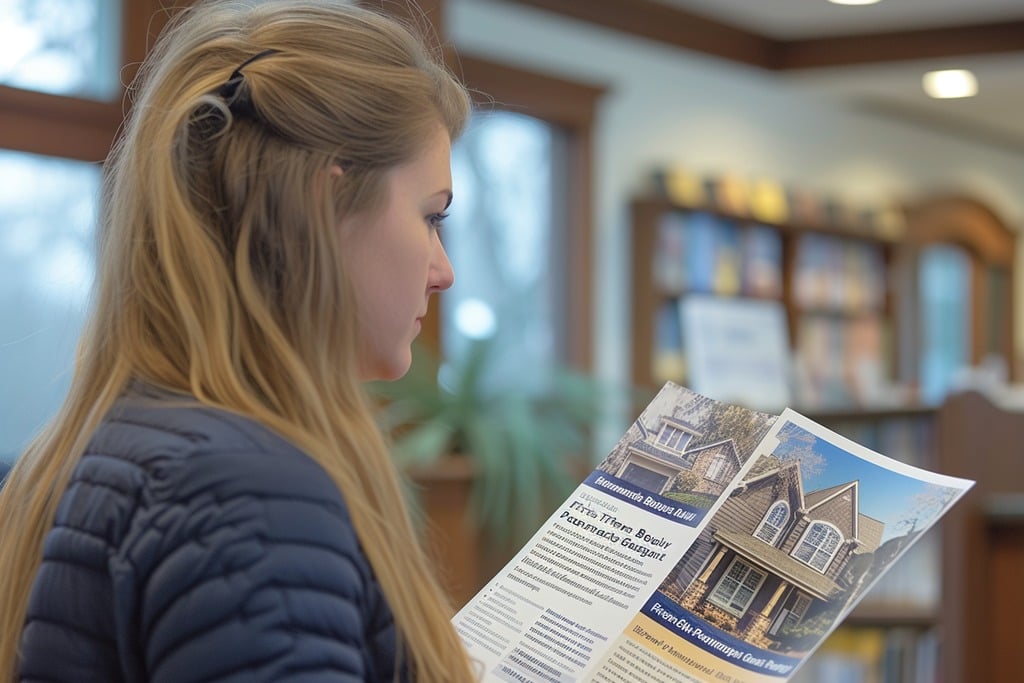In the journey of buying a home, an often overlooked but significant aspect is the closing costs. These expenses, separate from the price of the property itself, can add up quickly, surprising many buyers. However, with the right strategies and knowledge, you can effectively lower these costs, easing your financial burden. This comprehensive guide offers valuable insights for potential homebuyers looking to save on closing costs.
Understanding Closing Costs
Before diving into strategies to reduce these costs, it’s crucial to understand what they encompass. Typically, closing costs include loan origination fees, appraisal fees, title searches, title insurance, surveys, taxes, deed recording fees, and credit report charges. They generally range from 2% to 5% of the purchase price of the home.
1. Shop Around and Compare Offers
The first step in reducing closing costs is shopping around. Just as you would compare prices for a home, do the same with lenders and other service providers. Get quotes from multiple sources and don’t hesitate to negotiate. Lenders are competing for your business, and they might be willing to offer lower fees or match a competitor’s offer.
2. Negotiate With the Seller
In some markets, it’s common to negotiate with the seller to cover some or all of the closing costs. This can be particularly effective in buyer’s markets, where sellers are more motivated to make the sale. Even in more competitive markets, sellers might be open to this, especially if it means closing the deal faster.
3. Opt for a No-Closing-Cost Mortgage
Some lenders offer “no-closing-cost” mortgages. While this might sound like an attractive option, it’s important to understand the trade-off. Typically, these loans come with a higher interest rate, meaning you might end up paying more in the long run. However, if you plan to stay in the home for a shorter period, this option could make sense.
4. Ask for Lender Credits
Lender credits are a way for the borrower to finance some of the closing costs through a higher interest rate on their mortgage. This can be a smart strategy if you don’t have enough cash on hand but can afford a slightly higher monthly payment.
5. Close at the End of the Month
Timing your closing can save you money. By closing at the end of the month, you reduce the amount of prepaid daily interest you have to pay for that month. This doesn’t reduce your overall closing costs but does cut down on what you’ll need to bring to the closing table.
6. Review Your Loan Estimate and Final Closing Disclosure
By law, your lender must provide you with a Loan Estimate within three days of receiving your loan application. This document gives you a breakdown of your estimated closing costs. Review this document carefully and ask questions about any fees you don’t understand or seem unusually high.
7. Seek Out First-Time Homebuyer Programs and Grants
Many states and local governments offer programs to assist first-time homebuyers, including grants or loans to help with closing costs. These programs often have income limits and other eligibility requirements, but they can be an excellent resource for reducing upfront costs.
8. Build Closing Costs into Your Loan
If you can’t negotiate seller concessions and you don’t qualify for a no-closing-cost mortgage, another option is to roll your closing costs into the loan amount. This means you’ll finance these costs over the life of your mortgage, which can make sense if you need to conserve cash upfront.
9. Challenge the Property Tax Assessment
After closing, one ongoing cost is property taxes. In some cases, you can challenge the property tax assessment on your new home, especially if it seems out of line with similar properties in your area. Successfully appealing your property tax assessment can save you money each year.
10. Stay Vigilant Against Unnecessary Add-Ons
Throughout the home-buying process, be wary of unnecessary add-ons. Sometimes lenders or real estate agents might recommend additional services that sound beneficial but aren’t essential. Research each suggested service and decide if it’s truly necessary for your situation.
Conclusion
Lowering your closing costs when buying a home requires a mix of strategy, negotiation, and research. By understanding the components of these costs and exploring your options, you can potentially save thousands of dollars. Remember to consult with real estate professionals, and don’t hesitate to ask questions and seek advice to navigate this process successfully.
While this article provides a brief overview of common tactics to lower closing costs when buying a home, it’s important to note that everyone’s financial situation is different. This article should serve as a general guide and not as a substitute for professional lender or financial advice.





